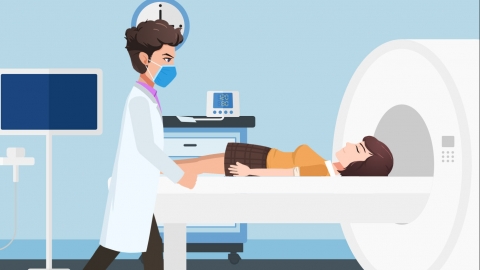Are individuals exposed to radiation in their occupation suitable candidates for in vitro fertilization (IVF)?
Generally speaking, undergoing a test tube procedure refers to in vitro fertilization (IVF). Whether individuals exposed to radiation as part of their occupation are suitable candidates for IVF mainly depends on the extent of radiation's impact on germ cells. If the cumulative radiation dose is low and has minimal effects on germ cells, IVF is generally suitable. However, if there has been high-dose radiation exposure or adverse effects on germ cells have already occurred, IVF would not be advisable. Detailed analysis is as follows:

According to professional assessments, if the cumulative radiation dose received during long-term work remains within the safety threshold recommended by the International Commission on Radiological Protection (ICRP), such as an annual effective dose below 20 mSv and an average over years not exceeding 1 mSv, the likelihood of irreversible damage to germ cells is relatively low. In such cases, undergoing IVF is generally considered safe.
If occupational exposure to radiation occurs due to accidents, improper protection, or other reasons, resulting in a short-term high-dose radiation exposure or long-term cumulative doses far exceeding the safety threshold, germ cells may have suffered significant damage. Under such circumstances, undergoing IVF could significantly increase the risks of adverse pregnancy outcomes, such as fetal malformations, miscarriage, and genetic disorders. Therefore, IVF would not be recommended.
In daily life, individuals should enhance personal protection by strictly following operational protocols and wearing appropriate protective equipment, such as protective clothing and safety goggles, to minimize direct radiation exposure.




